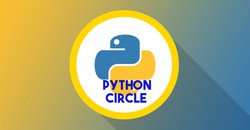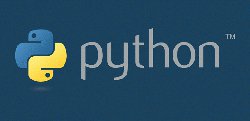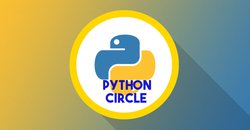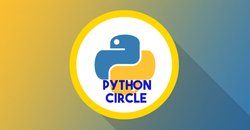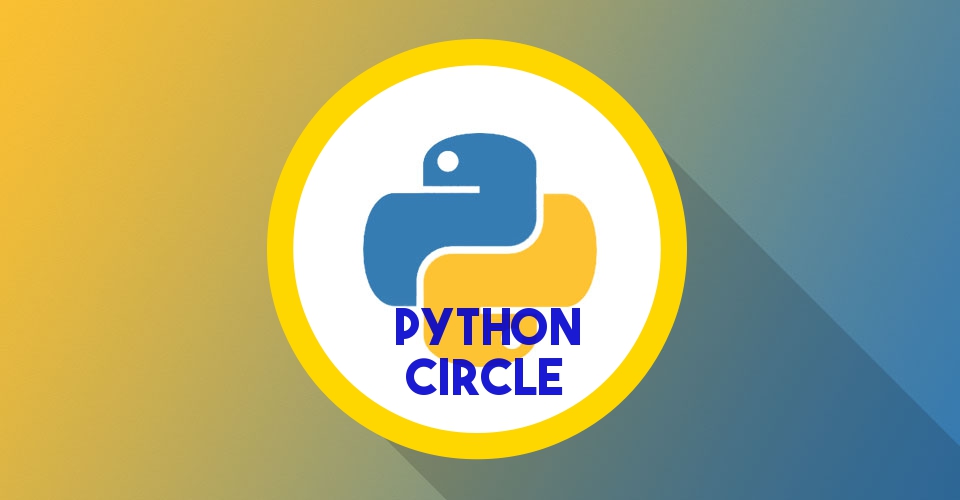
Being a web developer comes with a number of unique challenges. Choosing the right language to build websites and applications which is a lot harder than you may think. For years, developers and programmers have used Python to bring their creations to life.
In fact, over 8 million developers report using Python on a regular basis. The main concern you should have as an avid user of Python is writing code that is both bug-free. Accomplishing this goal is easy with Python logging and abiding by best practices.
The following are just some of the things you can do to improve the quality of your Python code.
Become Familiar With PyPI
Writing every piece of code to construct a website or web-based application from the ground up can be both time-consuming and frustrating. For years, programmers have used the power of the Python Package Index (PyPI) to make building new websites and apps easy. Basically, PyPI is a collective repository of thousands of various Python projects.
With this repository, you can pick out bits of code to help you in the construction of a web app or site. By using the existing modules found in this repository, you can reduce the amount of time spent on a development project. Not only will you be able to look at over 100,000 existing modules, but you can also add your own as well. Getting involved in the extensive Python online community is a great way to get better at your job and meet lots of like-minded individuals.
Focus on Structuring Your Repository Correctly
One of the first things most programmers will do when starting a new project is to set up an extensive code repository and a system to control the various versions of their project. When trying to set up this repository, you need to focus on adding a few key components like
The README Document- One of the most important parts of any repository is the README document. In essence, this document will describe the project in hand, outline the functionality of the code and provide a purpose. Not only will this document help you out, but it can also help other developers tasked with maintaining your code later on.
Requirements.txt- When trying to provide other developers with information regarding the dependencies your program has, using a requirements.txt file is imperative. Without this information, developers and programmers will have a hard time maintaining your Python code in the future.
Module Code- Putting all of your code into an easily identifiable subdirectory is also important. By doing this, you can easily reference this file when trying to make changes or diagnose bugs.Adequately Testing Your Code At Each Step of the Development Process
Adequately Testing Your Code At Each Step of the Development Process
One of the biggest mistakes new programmers make is writing an entire program and then testing it. Doing this will usually lead to a number of headaches, which is why adopting a continuous testing mindset is vital. By testing the code at every step of the development process, you can catch problems before they cause too much damage.
It is usually a good idea to let another knowledgeable programmer look at the code you have developed. Generally, this will provide you with an outside perspective that can be helpful when trying to discover issues. Constantly reviewing your error logs is also imperative when attempting to produce websites and apps that are functional and reliable.
Practice Makes Perfect
If you are new to the world of Python programming, then you need to work on honing your skills. The best way to do this is by using this code frequently on a variety of different projects. As time goes by, your understanding of this programming language will increase.
This guest post is written by Ashley Lipman.
